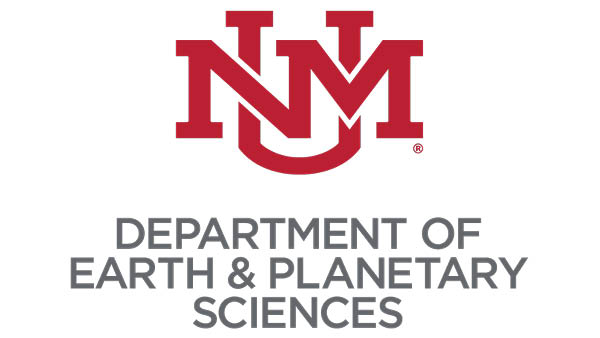Hotter temperatures, less water present challenges for policy makers, agricultural stakeholders
July 19, 2023 - Dani Wascher
 Climate model projections indicate that New Mexico's future will be warmer and drier, with diminished water supply from the Rio Grande, presenting extreme challenges for policy makers and agricultural stakeholders. A new study titled, “Adapting irrigated agriculture in the Middle Rio Grande to a warm-dry future" analyzed the long-term tradeoffs of land and water management interventions that could help irrigated agriculture adapt to growing water scarcity in a desert environment.
Climate model projections indicate that New Mexico's future will be warmer and drier, with diminished water supply from the Rio Grande, presenting extreme challenges for policy makers and agricultural stakeholders. A new study titled, “Adapting irrigated agriculture in the Middle Rio Grande to a warm-dry future" analyzed the long-term tradeoffs of land and water management interventions that could help irrigated agriculture adapt to growing water scarcity in a desert environment.
David Gutzler, a professor in the Department of Earth & Planetary Sciences at The University of New Mexico (UNM), along with UNM students and collaborators at other regional universities led by the University of Texas-El Paso, delved into the potential impacts of various intervention scenarios on agricultural water supplies in the Rio Grande Valley downstream of Elephant Butte Reservoir.
This research has a big impact on New Mexico because while this study focused on hydrology and climate change, there is also a big component of water management associated with interstate and international agreements to share water. The research was carried out with the engagement of communities that share river water and groundwater in southern New Mexico, western Texas, and across the border in the Mexican state of Chihuahua.
The research analyzed 19 different intervention scenarios, including the implementation of deficit irrigation, changes in cropping patterns using existing crops, and the introduction of new drought- and salt-tolerant crop alternatives. Hydrological simulations were conducted using the soil and water assessment tool (SWAT) model, considering the limitations of the model in performing scenario simulations.
Read more in the UNM Newsroom
